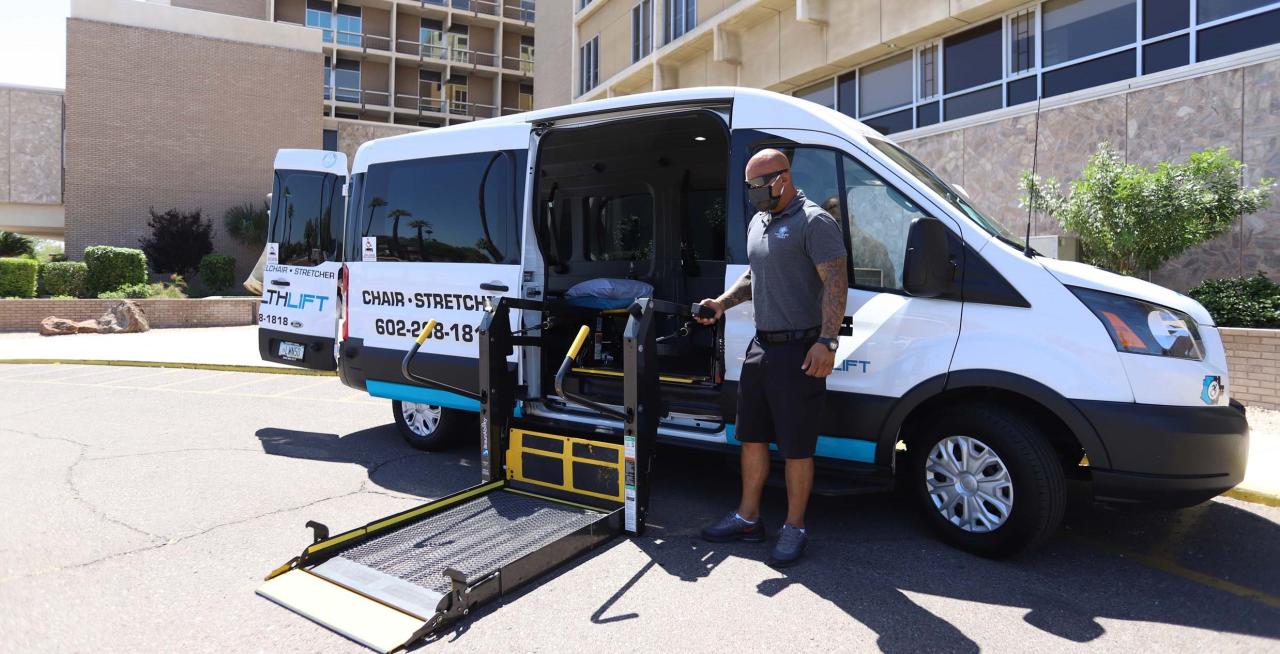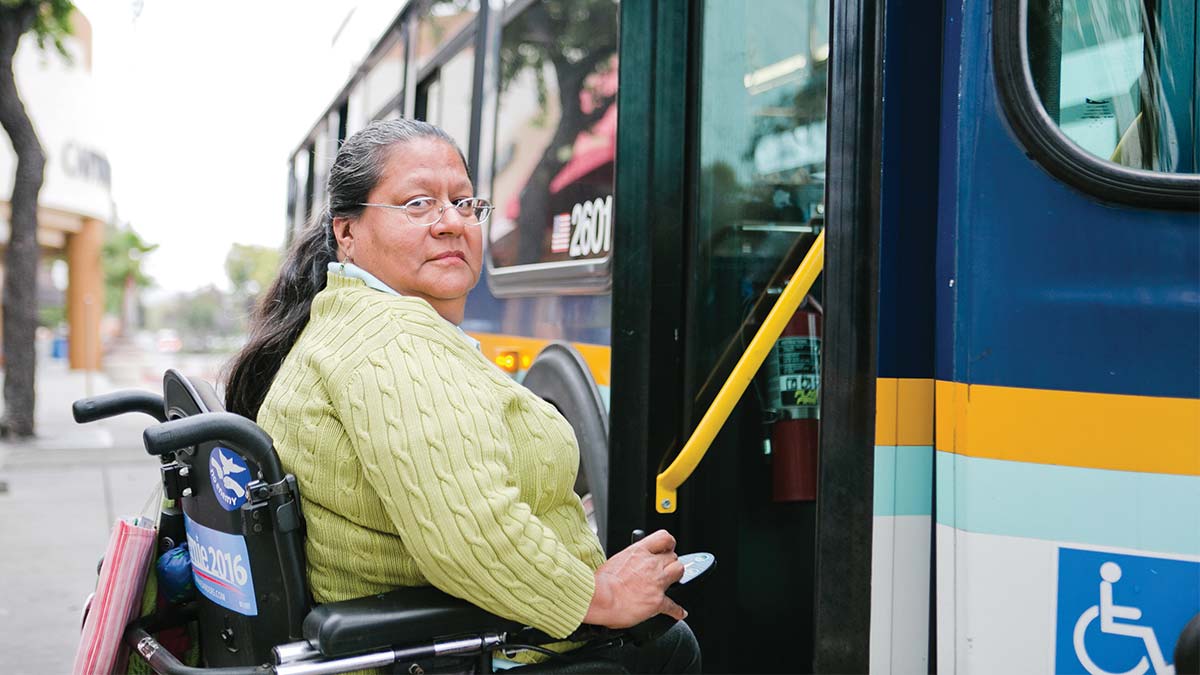Safe and comfortable travel options for older adults are crucial for ensuring enjoyable and stress-free journeys. This exploration delves into various transportation modes, accommodation choices, and safety precautions tailored to the needs of senior travelers. We’ll examine how to navigate air, train, bus, car, and cruise travel, highlighting considerations for accessibility, comfort, and health. The goal is to empower older adults to plan and execute memorable trips while prioritizing their well-being.
From selecting accessible accommodations and packing essential items to utilizing travel assistance services and managing health concerns, this guide offers a comprehensive overview of planning a safe and comfortable trip. We will also discuss the importance of pre-trip health checks, travel insurance, and emergency preparedness, ensuring a smooth and worry-free travel experience for older adults.
1. Choosing the Right Transportation Mode
Air Travel:
Air travel offers speed and efficiency, but accessibility is crucial for seniors. Consider airlines with robust senior programs and dedicated booking assistance. Look for airlines that offer pre-boarding options and readily available wheelchair assistance. Be aware that long flights can be uncomfortable; plan for frequent walks and hydration. Booking aisle seats can also improve comfort.
Train Travel:
Train travel often provides a more comfortable experience for seniors, with spacious seating and onboard amenities. Scenic routes can enhance the journey. However, be mindful of potential transfers and the handling of luggage, especially if mobility is limited. Consider reserving assistance with luggage in advance.
Bus Travel:
Buses are cost-effective for shorter distances, but comfort and travel duration are key considerations for seniors. Longer journeys can be tiring. Choose reputable bus companies known for comfortable seating and frequent stops.
Car Travel:
Driving yourself offers flexibility, but consider your driving abilities and potential fatigue. If driving isn’t feasible, ride-sharing services or hiring a driver provides a safe and convenient alternative. Factor in potential health issues that might affect driving capabilities.

Cruise Travel:
Cruises offer an all-inclusive experience with easy access to amenities and opportunities for socializing. However, be aware of potential motion sickness and investigate accessibility features on specific ships before booking. Check for ramps, elevators, and accessible cabins.
2. Planning for Comfort and Accessibility: Safe And Comfortable Travel Options For Older Adults
Booking Accommodations:
Choose hotels or lodgings with accessibility features such as ramps, elevators, and accessible rooms. Consider proximity to amenities and transportation to minimize walking distances. Book well in advance to secure the best options.
Packing Essentials:
Pack necessary medications, comfortable clothing, and any mobility aids (canes, walkers, wheelchairs) or assistive devices. Include a list of your medications and any allergies.
Travel Insurance:
Comprehensive travel insurance is vital, covering medical emergencies, trip cancellations, and lost luggage. Look for policies with specific benefits for seniors, such as medical evacuation coverage and trip interruption insurance.
Pre-trip Health Check:
Consult your doctor before traveling to address any health concerns and obtain necessary medical clearances. Discuss any potential risks associated with your travel plans.
Informative Travel Documents:
Keep all travel documents readily accessible, including physical and digital copies. Consider storing digital copies in a secure cloud service.
3. Ensuring Safety During Travel
Emergency Contacts:, Safe and comfortable travel options for older adults
Have a readily available list of emergency contacts, including family, friends, and medical providers. Share this list with your travel companions.

Medical Alert Systems:
Explore personal medical alert systems or wearable devices for emergencies, especially if traveling alone.
Medication Management:
Pack medications properly, following all transportation regulations. Carry a copy of your prescription and keep medications in their original containers.
Staying Hydrated and Nourished:
Maintain good health and energy levels by staying hydrated and eating nutritious foods. Pack healthy snacks and drinks for the journey.
Avoiding Scams and Theft:
Be aware of common travel scams and take precautions to protect your personal belongings. Keep valuables secure and be cautious of strangers offering unsolicited help.
4. Utilizing Travel Assistance Services
Senior-Focused Travel Agencies:
Senior-focused travel agencies specialize in catering to the needs of older adults, offering tailored travel arrangements and assistance.
Airport Assistance Programs:
Utilize airport wheelchair assistance, baggage handling, and other services designed to help seniors navigate airports comfortably. Arrange these services in advance.
Guided Tours and Escorted Trips:
Guided tours offer ease of navigation and access to information, minimizing stress and maximizing enjoyment.
Companionship During Travel:
Traveling with a friend, family member, or hiring a travel companion offers support and peace of mind.
5. Post-Trip Recovery and Considerations
Jet Lag and Fatigue Management:
Mitigate jet lag by adjusting your sleep schedule before departure and maintaining a regular sleep pattern during your trip.
Follow-up Medical Appointments:
Schedule any necessary follow-up appointments with your doctors after returning from your trip.
Reviewing Travel Experiences:
Reflect on your trip to identify areas for improvement in future travels. Note any challenges or successes to plan more effectively next time.
Planning a trip for an older adult requires careful consideration of various factors beyond simply booking tickets and accommodations. By prioritizing comfort, accessibility, and safety, older adults can enjoy the freedom and enriching experiences that travel offers. This guide has highlighted key aspects of planning such a journey, from choosing the right mode of transport and securing appropriate accommodations to understanding the available assistance services and preparing for potential health concerns.
Remember, thorough planning and preparation are key to a successful and enjoyable trip, allowing seniors to focus on creating lasting memories.

